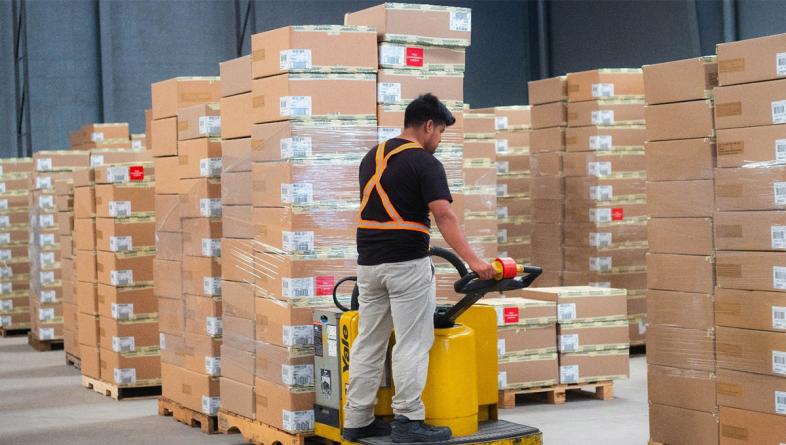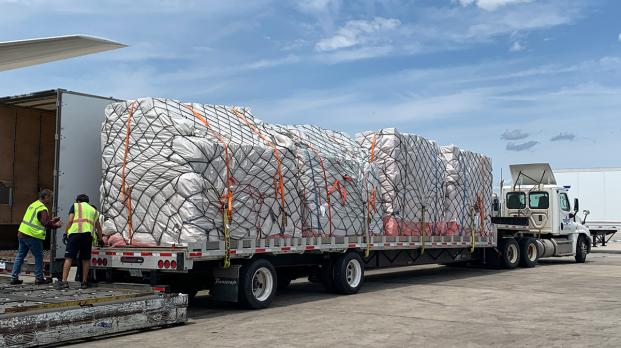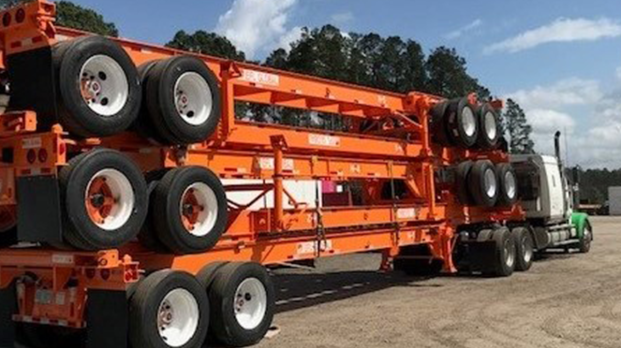
With transportation delays, port congestion, and rising rates becoming more common issues in logistics, United States manufacturers are bringing production closer to home in Latin America.
Many companies are considering near sourcing opportunities for their supply chains, with Latin America offering reliable infrastructure, a strong workforce, abundant resources, and a growing economy.
EFL Global, a supply chain and logistics solutions provider, quickly identified these advantages for its customers. In 2021, the global company acquired IDEA Logistics LLC, a Latin America-based service provider that specializes in warehousing, distribution, and freight forwarding.
“We were born with the purpose of becoming a reliable entity for our clients,” says Carlos Castaneda, Managing Director – Latin America, EFL Global. “We continue to evolve as the market changes, creating solutions for all challenges and supply chain inquiries.”
To be a proactive solutions provider in a moving market, an organization needs end-to-end services that are flexible and reliable. EFL Global’s Latin America facilities are one-of-a-kind assets, strategically located in Free Trade Zones across the region. These facilities provide short- and long-term storage, inventory control, customs brokerage, and a full suite of value-added services for all verticals.
“With the CAFTA-DR Free Trade Agreement, warehousing operations began in Central America,” says Castaneda. “The business model shifted in the region, offering an opportunity for American companies to outsource and begin operations in Central American countries. As a leading company in warehousing and distribution, we have expanded our capacity to deliver a value proposition that guarantees the growth of our clients’ businesses.”
As an end-to-end provider, EFL Global also offers freight forwarding programs to complement their warehousing and distribution service menu. This includes transloading and consolidation to and from multiple owned facilities across Latin America. These weekly sailings offer customers competitive rates, full visibility and tracking, and door-to-door coverage for their shipments.
“Consolidation has become a fundamental part of the overall supply chain strategy, as we’re able to prioritize time-sensitive cargo,” says Castaneda. “We’ve created a robust consolidation network throughout Central America, the United States, and the Caribbean. As demand grows, we plan to expand our offerings across more countries in Central America.”
According to EFL Global, the key to identifying these opportunities is to create customized solutions for clients that directly address pain points in the global supply chain. From there, it’s critical to develop a strong presence and strategic partnerships in flourishing regions like Latin America.
While Southeast Asia remains a dominant player in manufacturing and production, businesses can leverage Latin America to reduce supply chain risks and take advantage of the benefits of the region.




